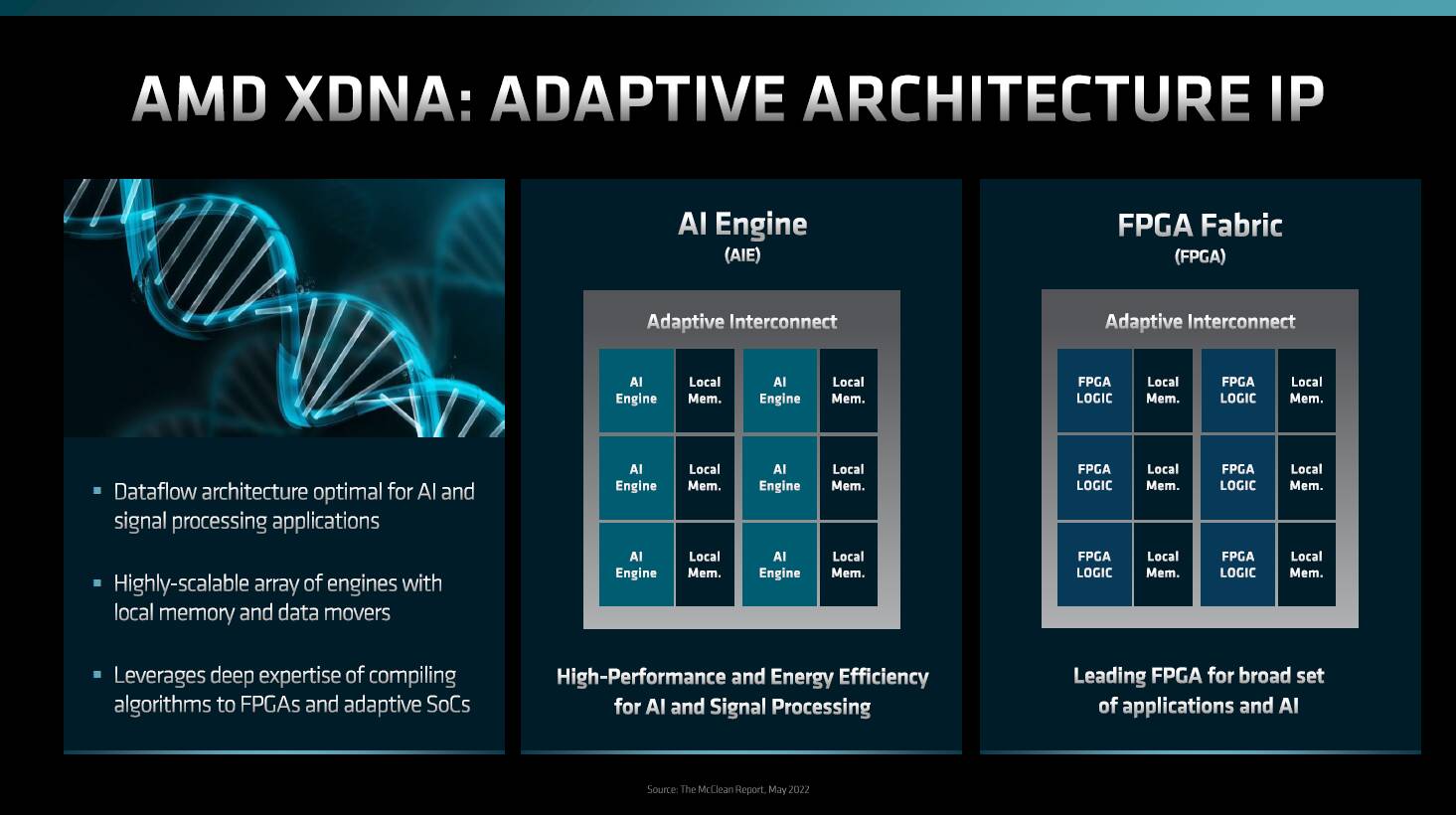Apple's AI Strategy: A Critical Analysis Of Its Future

Table of Contents
Apple's Current AI Landscape: Strengths and Weaknesses
Apple's current AI landscape is a complex mix of strengths and weaknesses. While the company prioritizes user privacy and on-device processing, its AI offerings still lag behind some competitors in certain areas.
Siri's Evolution and Limitations
Siri, Apple's voice assistant, has evolved significantly since its inception, boasting impressive voice control and seamless integration with the Apple ecosystem. However, it still faces limitations compared to rivals like Google Assistant and Alexa.
- Strengths: Voice control, deep integration with Apple devices (iPhone, iPad, Mac, Apple Watch), access to contacts, calendar, and other personal data.
- Weaknesses: Limited contextual understanding, occasional inaccurate responses, struggles with complex queries, less robust smart home integration compared to competitors. Improving Siri's conversational AI capabilities is crucial for future success.
On-Device AI and Privacy
Apple champions on-device AI processing, prioritizing user privacy over data collection. This approach offers several benefits but also presents challenges.
- Benefits: Enhanced data security, reduced latency for faster responses, minimized reliance on cloud services. Apple utilizes differential privacy techniques to further enhance data security.
- Challenges: Limited processing power on devices restricts the complexity of AI tasks that can be performed on-device. More powerful on-device machine learning requires significant advancements in hardware and software.
Machine Learning in Apple Products
Machine learning is subtly yet powerfully integrated across various Apple products, enhancing user experience in numerous ways.
- Image recognition in Photos: Automatically tags and organizes photos based on objects, scenes, and people. Uses computer vision techniques for advanced image processing.
- Predictive typing in keyboard: Learns user writing style and suggests words and phrases to speed up typing. Employs natural language processing algorithms for accurate predictions.
- Spam filtering in Mail: Uses machine learning models to identify and filter spam emails effectively.
Apple's AI Acquisitions and Partnerships
Apple's AI advancements are driven not only by internal development but also by strategic acquisitions and collaborations.
Strategic Acquisitions
Apple has quietly acquired several AI-focused companies, bolstering its expertise in various areas.
- Examples: While Apple is notoriously secretive about its acquisitions, past purchases of companies specializing in image recognition, natural language processing, and machine learning algorithms have demonstrably strengthened its AI capabilities. Analyzing these AI acquisitions reveals a clear pattern of strategic investment in specific areas of expertise.
Research and Development Investments
Apple invests heavily in AI research and development, both internally and through partnerships.
- Research initiatives: Apple employs numerous AI researchers and engineers, and invests significantly in deep learning and machine learning algorithms. Collaboration with universities and research institutions further fuels innovation. Its commitment to AI research is a key driver of future advancements.
Predicting Apple's Future AI Direction
Based on current trends and Apple's strategic moves, several key directions emerge for its future AI strategy.
Expansion of Siri's Capabilities
Future improvements to Siri are likely to focus on enhancing its conversational AI capabilities.
- Enhanced contextual awareness: Siri will better understand the context of conversations, leading to more relevant and helpful responses.
- Proactive assistance: Siri will anticipate user needs and provide assistance before being explicitly asked.
- Multi-modal interactions: Siri will integrate seamlessly with other input methods, such as images and text, enabling richer interactions.
Augmented Reality and AI Integration
The synergy between augmented reality (AR) and AI is a key area of focus for Apple.
- Improved object recognition: AI-powered AR applications will enable more precise and nuanced object recognition.
- Personalized experiences: AR experiences will be tailored to individual users based on their preferences and context.
- Interactive virtual environments: AI will power more immersive and engaging AR experiences. AR/AI integration will create new possibilities across various Apple products and services.
The Metaverse and Apple's AI Role
Apple's potential involvement in the metaverse is likely to be heavily reliant on AI.
- AI-powered avatars: AI will enable the creation of realistic and expressive avatars.
- AI-driven virtual environments: AI will dynamically adjust virtual environments based on user interactions. The metaverse represents a significant opportunity for Apple to leverage its AI expertise.
Conclusion: The Future of Apple's AI Strategy
Apple's AI strategy, characterized by a focus on privacy, on-device processing, and strategic acquisitions, positions the company for continued growth in the AI landscape. While Siri currently lags behind some competitors in certain aspects, Apple's considerable resources and commitment to research suggest a bright future for its AI offerings. The integration of AI with AR and the metaverse presents exciting new opportunities. What's your take on Apple's AI future? Discuss Apple's AI strategy and share your predictions for Apple AI!

Featured Posts
-
 United Kingdom Tightens Asylum Rules Impact On Migrants From Three Specific Countries
May 10, 2025
United Kingdom Tightens Asylum Rules Impact On Migrants From Three Specific Countries
May 10, 2025 -
 The Troubling Trend Of Betting On The Los Angeles Wildfires
May 10, 2025
The Troubling Trend Of Betting On The Los Angeles Wildfires
May 10, 2025 -
 Call To Action Transgender Experiences Under Trump Executive Orders
May 10, 2025
Call To Action Transgender Experiences Under Trump Executive Orders
May 10, 2025 -
 Maldives Vacation Elizabeth Hurleys Bikini Style
May 10, 2025
Maldives Vacation Elizabeth Hurleys Bikini Style
May 10, 2025 -
 Dijon Vs Concarneau Score Final 0 1 National 2 04 04 2025
May 10, 2025
Dijon Vs Concarneau Score Final 0 1 National 2 04 04 2025
May 10, 2025
